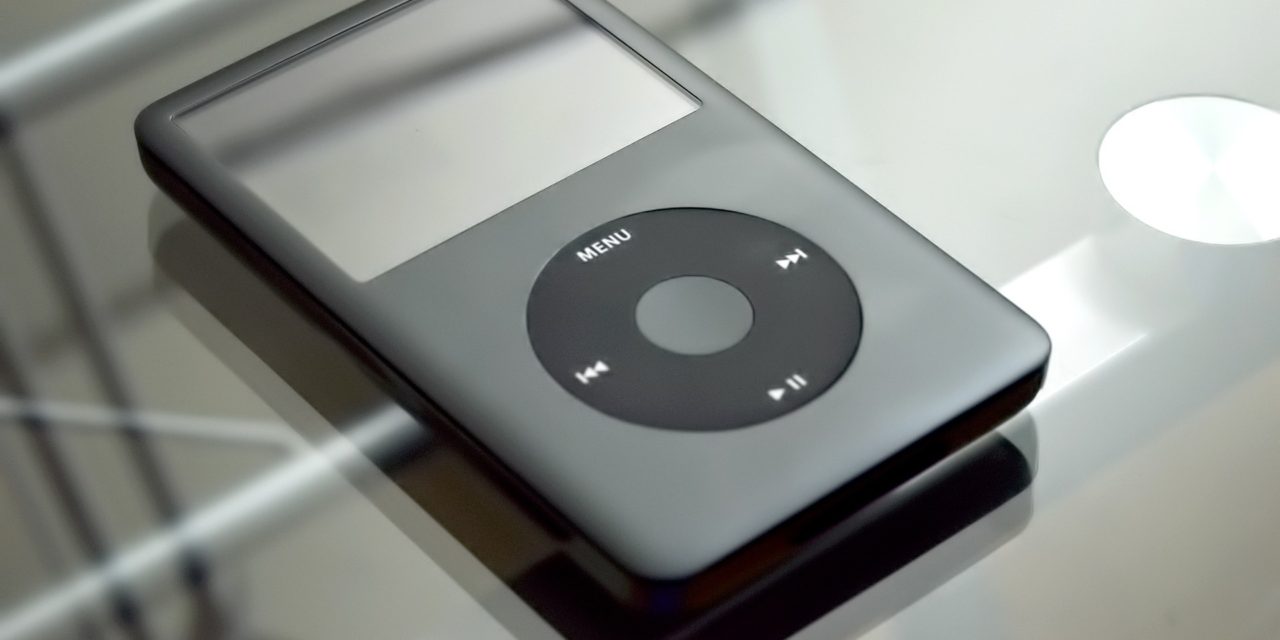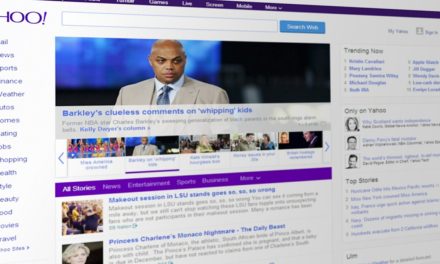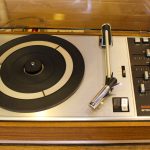The file format responsible for the rise of Napster in early 2000, whose success led to the musical revolution in the digital age.
It’s without pomp and circumstance that the Fraunhofer Institute for Integrated Circuits, the German organization that shared some patents related to MP3 with Technicolor, announced the end of the licensing program of the famous file format last month.
On the surface, it is understandable that it is now impossible for a company to be granted the right to exploit this technology through their next products. But when we dig a little further, we discover a completely different reality: in fact, in the United States, MP3 has just fallen into the public domain.
It should be noted that several companies have claimed ownership of the technology related to the encoding and decoding of MP3 since its introduction. It is a very complex story that can be summarized simply: Alcatel-Lucent, Thompson (now Technicolor) and AudioMPEG were the three companies that held patents for the North American market. Depending on when they each filed their patents, they gradually fell into the public domain in the United States. Concretely, what Fraunhofer has just announced is the expiration of the last patent describing the encoding of an MP3.
In other words, Fraunhofer or Technicolor no longer have the authority to charge royalties to anyone to use the MP3 in their products. That said, the majority of companies prefer to use another proprietary format, the AAC, whose audio-to-bit-rate ratio is higher. And for that, they obviously have to pay the necessary fees, while the noncommercial use of this codec is allowed without having to pay anything.














Leave a Reply